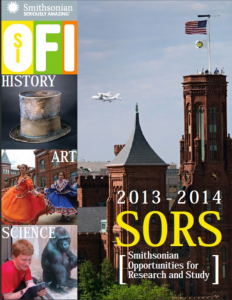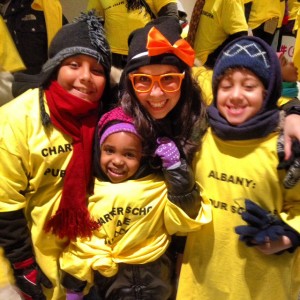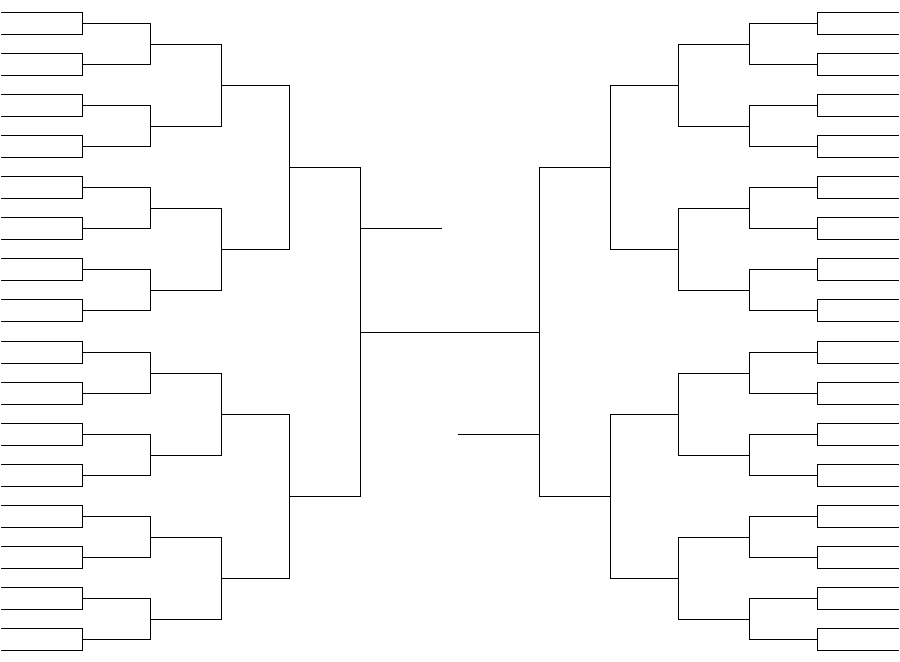by Michael DeAngelis, Information Resources Manager
The following resources have been added to the Career Services Library and are available for your perusal! When classes are in session, the Career Services Library is open from 9am-6pm Monday to Wednesday and 9am-5pm on Thursdays and Fridays.
 Starting Your Career as a Freelance Writer (Second Edition) by Mira Allen. From the publisher: If you’ve always dreamed of making a living as a writer, this book will take you where you want to go. Starting Your Career as a Freelance Writer, Second Edition, demystifies the process of becoming a writer and gives aspiring writers all the tools they need to become successful freelance writers, get their names in print, and start earning a healthy income from writing. Completely revised and updated, the second edition includes an entirely new section on the “online writer,” discussing how to set up your own website, whether you need a blog, how to effectively participate in social networking sites, and information on electronic publishing, POD and more. New chapters provide guidance on writing for international markets and other writing opportunities such as ghostwriting, speech-writing, technical writing, copyediting, teaching, etc. This indispensable resource walks writers through the process of developing marketable ideas and then finding appropriate markets for those ideas. It includes effective tips on how to set writing goals; make time for writing; hone research and interview techniques; create outlines and first drafts, approach editors (online and offline), and prepare and submit material. Writers will also discover the vital business issues of freelancing such as rights and contracts, plus how to manage income, expenses, and taxes. Author Moira Allen has more than 30 years experience both as a freelance writer and as an editor; her tips come from a keen understanding of what works from both sides of the desk. Whether readers are looking to support themselves as full-time freelancers or supplement an existing career, no one wanting to make money as a writer can afford to be without this book.
Starting Your Career as a Freelance Writer (Second Edition) by Mira Allen. From the publisher: If you’ve always dreamed of making a living as a writer, this book will take you where you want to go. Starting Your Career as a Freelance Writer, Second Edition, demystifies the process of becoming a writer and gives aspiring writers all the tools they need to become successful freelance writers, get their names in print, and start earning a healthy income from writing. Completely revised and updated, the second edition includes an entirely new section on the “online writer,” discussing how to set up your own website, whether you need a blog, how to effectively participate in social networking sites, and information on electronic publishing, POD and more. New chapters provide guidance on writing for international markets and other writing opportunities such as ghostwriting, speech-writing, technical writing, copyediting, teaching, etc. This indispensable resource walks writers through the process of developing marketable ideas and then finding appropriate markets for those ideas. It includes effective tips on how to set writing goals; make time for writing; hone research and interview techniques; create outlines and first drafts, approach editors (online and offline), and prepare and submit material. Writers will also discover the vital business issues of freelancing such as rights and contracts, plus how to manage income, expenses, and taxes. Author Moira Allen has more than 30 years experience both as a freelance writer and as an editor; her tips come from a keen understanding of what works from both sides of the desk. Whether readers are looking to support themselves as full-time freelancers or supplement an existing career, no one wanting to make money as a writer can afford to be without this book.
 SORS: Smithsonian Opportunities for Research and Study (2013-2014) by Eric Woodward, Director of Fellowships and Internships. From the publisher:
SORS: Smithsonian Opportunities for Research and Study (2013-2014) by Eric Woodward, Director of Fellowships and Internships. From the publisher:
The Smithsonian Opportunities for Research and Study (SORS) Guide is meant to help would-be researchers, students, fellows, interns, partnership-builders, and anybody else who is interested better navigate research and study opportunities at the Smithsonian.
SORS is divided into two sections. The first describes various internship and fellowship opportunities at the Smithsonian. The second summarizes a lot of activities and work happening at various Smithsonian units, and current interests of various Smithsonian staff – plus how to get in touch with them (see the email directory at the end). If you’re looking for a mentor, adviser, collection, or other opportunity at the Smithsonian that matches your study and/or research goals – this is a great place to start.
Furthermore, Career Services recently hosted a panel on getting internships at the Smithsonian. You can check out advice from former interns and Smithsonian employees in the video below.
Smithsonian Internship Advice from Penn Career Services on Vimeo.




